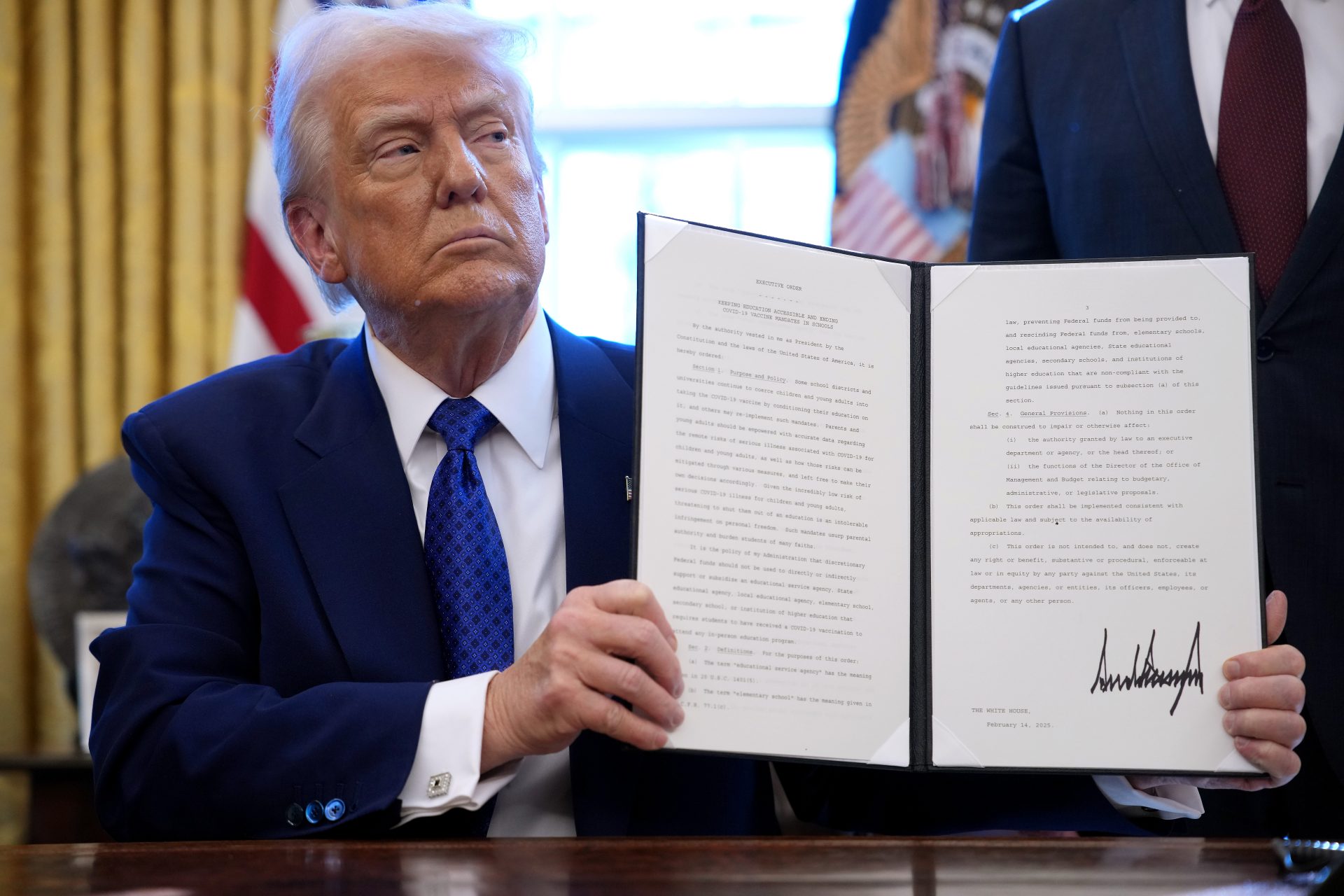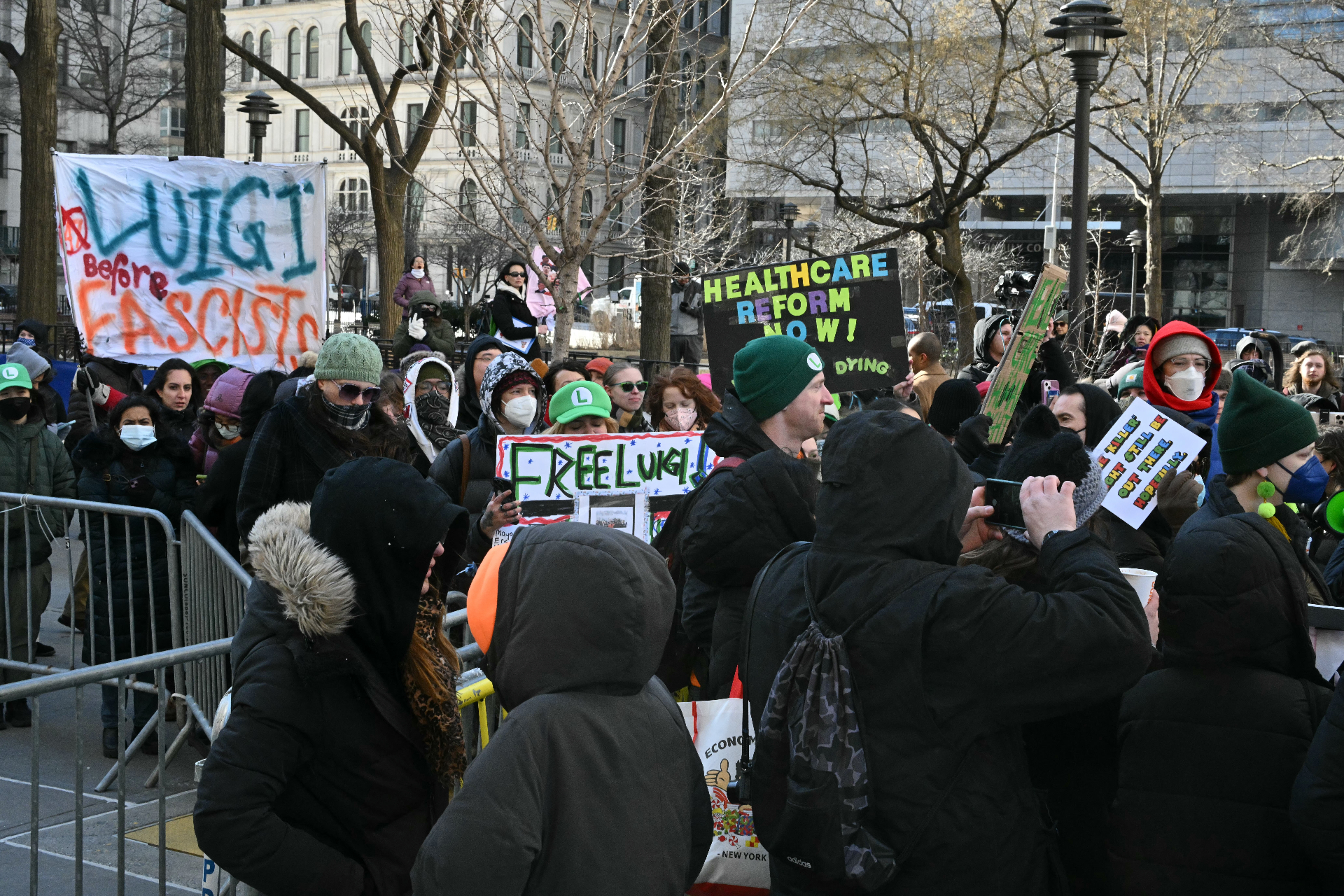Thousands of Russian soldiers are on trial for desertion, what will happen to them?
Since Russia's mobilization in the fall of last year, more and more Russians have been on trial for desertion. The penalties for these offenses have also been increased.
In the fall of 2022, Russian President Vladimir Putin pushed through partial mobilization - contrary to his previous promise that only contract soldiers and volunteers would be sent to the Ukraine war.
After this announcement, hundreds of thousands of Russians fled to other countries to avoid conscription.
As a result in April 2023, Putin signed a new law cracking down on draft dodgers, as reported by NPR.
The new law means that those who do not report to a recruitment office in the correct time frame after being drafted will soon face severe restrictions to their banking, ability to sell property and even gaining access to a driver's license.
But even among the Russians who have already been called up, more and more are turning their backs on the Russian military - and are being accused of it.
The independent portal Mediazona states: "As of the last week of April, 1,064 cases were received by military courts".
Offenses include desertion, unauthorized military leave or disobeying orders, according to the German newspaper Frankfurter Allgemeine Zeitung (FAZ).
In addition, according to Mediazona, since the beginning of March there has been a sharp increase in procedures in the context of mobilization.
In March alone, 400 cases were dealt with in court and the numbers are said to be similar in April.
Unauthorized military leave is the most common offence, accounting for 90% of cases.
Following the mobilization, penalties for this type of offense were also tightened.
Due to the tightening of the penalties after the mobilization by President Vladimir Putin, desertion can theoretically be punished with up to 15 years in prison.
However, in the context of the mobilized Russians, however, this is probably not practiced, as the authorities would rather make better use of these men.
With regard to the penalties imposed, only a small proportion of the judgments are apparently publicly accessible. However, according to the German newspaper FAZ, "the recruits are usually given a suspended sentence by the courts - and can thus be sent back to the front."
There is currently renewed speculation that another draft wave will occur soon. The government in Moscow, however, denies this.
More for you
Top Stories





























